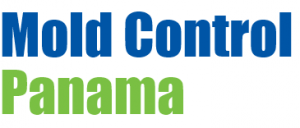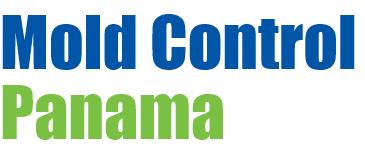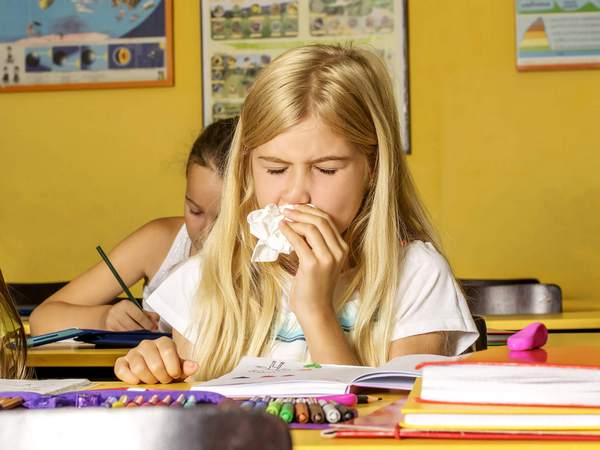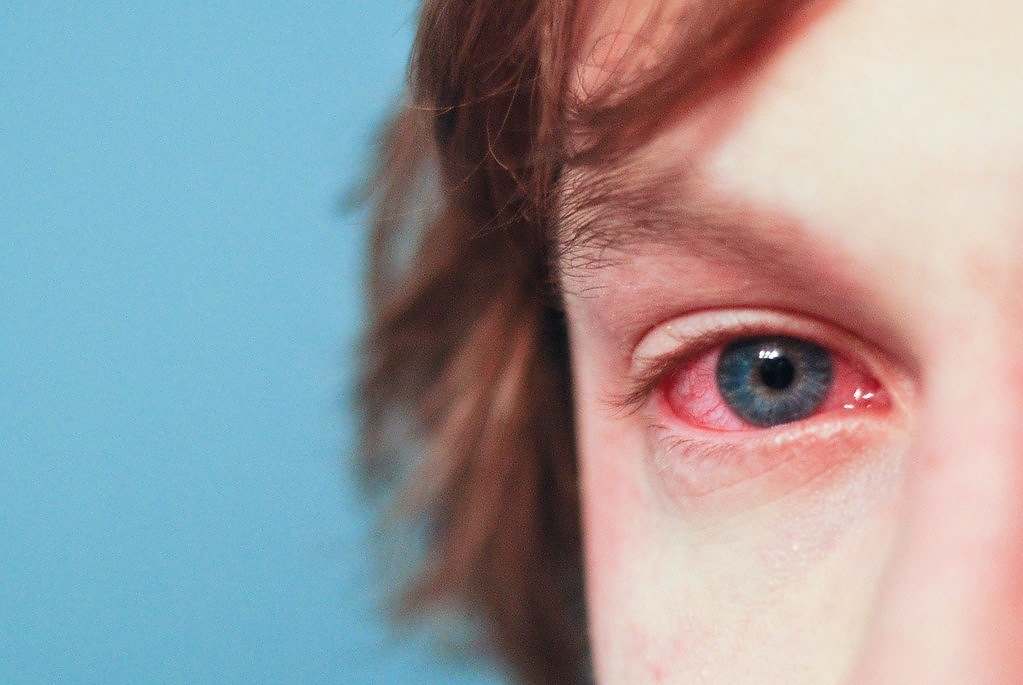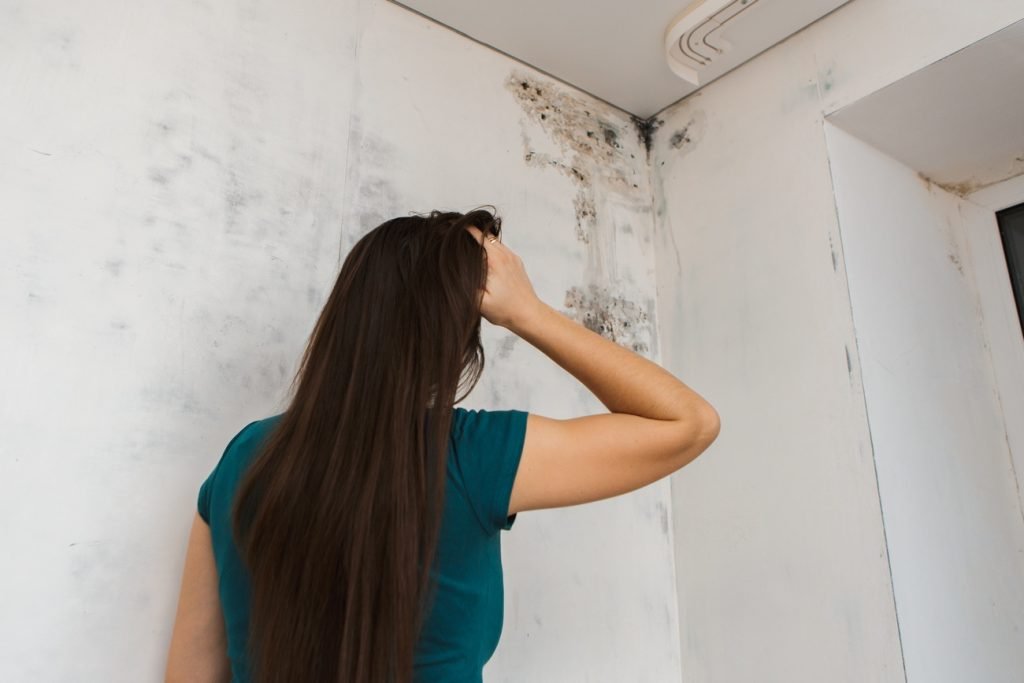
How to Manage Mold for Reopening of Stores & Offices in Panama
Mold Health Hazard Warning
The COVID-19 shutdown of buildings, offices, stores and service businesses in Panama has created a high probability for mold health hazards for returning occupants and customers.
A prolonged period of no day-to-day operations and commercial activities will create a health risk for your staff and customers. The lack of normal air circulation combined with Panama’s standard high humidity creates the ideal environment for mold and toxic mold spores to proliferate within your facility.
Mold spores create dangerous mycotoxins that are associated with many health issues and can cause headaches, allergic skin reactions and serious respiratory issues. Mold spores are particularly dangerous to people with asthma or other respiratory ailments. Health experts concur that people with these health conditions and those with mold allergy or weakened immune systems should avoid buildings suspected or confirmed to have mold contamination.
Mold can grow on a variety of surfaces, such as concrete, wood, leather, fabric, vinyl… even dust and synthetic materials.
As Panama moves into reopening phases, Mold Control Panama has the expertise and experience to assess mold contamination in your facility, office or store. We provide professional onsite assessment services, including optional airborne mold and contaminants measurements, to help guide you to a safe facility. The laboratory analysis and reports we provide to our clients are frequently used for property owner and insurance claims.
Based upon our assessment, we provide recommendations and a range of full mold remediation programs customized for your unique situation. The mold control products we use are non-toxic and have no volatile components. Completely safe for your staff and clients, approved by Health Canada, U.S EPA verified effective and approved by MINSA Panama.
Can I use bleach, vinegar or standard products to clean the mold away?
Many people ask us this question. Bleach will only kill mold on non-porous surfaces like tile. Bleach is a toxic chemical. Vinegar and disinfectants will not kill mold on porous surfaces such as concrete, fabrics and wood. The reality is that they actually makes the mold problem worse because the application introduces more moisture.
The product we use is called Concrobium Mold Control and has a non-toxic patented formula that encapsulates and kills mold right to the roots as it dries, leaving behind a microbial layer to prevent future mold growth. Regular cleaning processes may make a surface temporarily look clean, but do not kill mold, it will return even stronger.
5 steps to minimize mold risk during and after a prolonged shutdown
1. Maintain indoor humidity as low as possible, not exceeding 60% is your goal
Owners and tenants should consider continuous monitoring of indoor humidity using a digital hygrometer, ideally more than once daily. The use of air conditioning systems supplemented by stand-alone dehumidifiers is recommended. Depending upon facility or store size, one to three 70-pint capacity dehumidifiers will make a significant improvement in lowering the facility relative humidity. The 70 liter per day capacity Frigidaire brand is available at Panafoto and Price Smart has the smaller 24 l per day model. We recommend the larger unit.
It is important that the dehumidifier have an external drain hose installed so the internal tank does not fill up and shut down the unit every few hours. Add an inexpensive drain hose (garden hose) that can be purchased at all hardware stores.
2. Optimize Air Circulation
Providing good air circulation for facilities that are closed and not being occupied can help slow mold growth on walls, ceilings, clothing. Air Conditioners help with air flow, as do supplemental wall and floor fans. Mold growth accelerates in stagnant air that is not being circulated.
3. Clean and Maintain Air Conditioning Systems during and after Shutdowns
Dust that collects within air conditioning central units are an excellent home for mold. Continue to have your systems cleaned and serviced on a regular basis.Maintaining indoor temperature and relative humidity within ranges is recommended and vital to keeping mold growth under control.
4. Operate your Air Conditioning System and Fans Every Day
Turning off air conditioning systems and fans during weekends allows mold growth to accelerate during those periods of time. Check your system and adjust so that the air conditioner is running every day.
5. Continue with Weekly Cleaning Routines
Dust that collects within the facility is a good food source for mold. Regular cleaning will help to remove this opportunity for mold to take hold.
Mold can be remediated and controlled.
Diligence, attention and using the right products are your key steps
